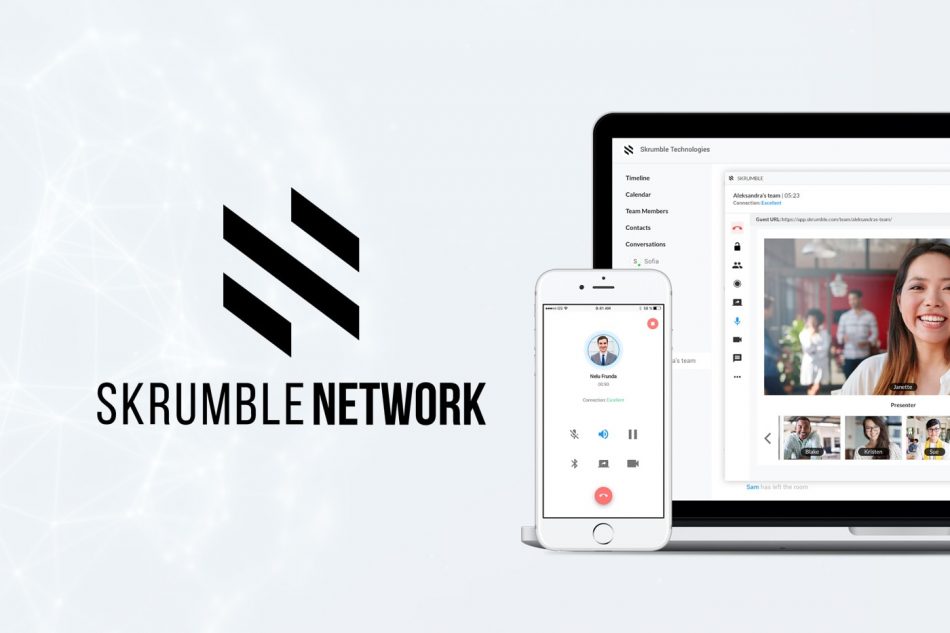

The entire Jehmi wallet system is going to be powered by the Jehmi Payment Platform, which will solve the payment issues and limitations currently faced by users and content creators in developing economies. The wallet will also support transfers between users (without fees), in addition to providing access to external crypto exchanges, allowing users to convert their Bezant tokens for other cryptocurrencies seamlessly. Once the wallet is ‘topped-up’, it can be used to purchase goods and services across all service partner portals – users can also convert their balance to BZT tokens, which will have no transfer fees and will allow for fast, instantaneous payments across the entire network. The Jehmi wallet module will allow users to manage payments within the system, and will also serve as a gateway between the Bezant-powered platforms and various payment channels including bank transfers, debit/credit cards, cash and cryptocurrencies. Since the platform will be running on top of the Bezant blockchain, it will benefit from increased security, transparency (the records will be auditable), privacy, fast processing and very low fees. The Jehmi Content Platform will serve as a distribution network, connecting content creators, distributors and end users without reliance on existing, centralized app stores and digital content marketplaces. It will offer various services, including a content platform, and a wallet service. The Bezant service platform is built on top of the Bezant blockchain, and is a Blockchain as a Service (BaaS) offering, which can be tailored to fit different industries and niches, including e-commerce, online gaming, financial services, education, entertainment and utilities. The Bezant blockchain will not require ‘mining’ as is the case with traditional, open blockchain systems, and instead, will rely on trusted users (due to the IAS) to process real-time transactions.
#Skrumble network reddit download
Users will download a client application and will connect to peer nodes in order to interact with the blockchain, while ‘orderers’ will be validating all transmitted transactions and creating blocks in the chain. Since it will be a closed network, participants will be required to register via an Identity Authentication Service (IAS), allowing enterprise users to efficiently serve users across multiple channels. The Bezant blockchain, based on the Hyperledger framework, will serve as a secure, scalable and fast architecture to accommodate high volumes of transactions. The team is developing a permissioned blockchain, unlike Bitcoin, Ethereum and most other cryptocurrencies, and is focused mostly on enterprise usage. How Does Bezant Workīezant has adopted a two-tiered approach to solving these problems, by using an underlying blockchain, and a service platform powered by the former.

Global – BZNT is borderless, which means anyone can make and receive instant payments from anywhere.Ĭonvenient – Users can top up their Jehmi wallets on any device, using their preferred method of payment. Instantaneous – Payments made using BZNT will be instant, with no transfer fees involved.Įxchangeable – BZNT can be exchanged for other cryptocurrencies. As compared to existing payment methods, Bezant is: Not only are consumers in these markets affected by lack of supported payment methods, small sellers are also unable to set up shop due to centralized policies, high fees, hidden charges and unfair, delayed payment schedules.Ī solution to all these issues would be a highly accessible, efficient and scalable platform – and that’s exactly what Jehmi is trying to do with the underlying Bezant Blockchain infrastructure. However, within the current centralized setup, a few big names are at the top, and they dictate the rules, which often end up alienating the fastest growing market segments – emerging economies. With the proliferation of the internet and decentralized technologies taking over, online commerce and digital content consumption is expected to increase exponentially, year after year.


 0 kommentar(er)
0 kommentar(er)
